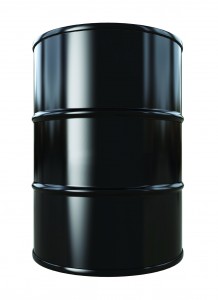3 item(s) were returned.
Consultant
Future Fuel Strategies
Citizens and policymakers in many countries have never been more committed to combating climate change across all sectors. One high-emitting sector that is often overlooked, when compared to industry and manufacturing, is transportation. Transport currently contributes 23% of energy-related greenhouse gas emissions and 20% of energy use. Globally, the sector is expected to double by 2030, according to IEA. Decarbonizing transport is a major challenge with some strong and powerful advocates calling for a single one-shot solution (electrification). However, achieving decarbonization in the transport sector will require multiple strategies that understand fossil fuel demand will remain in place for some… [more]
View InsightOil prices have declined sharply over the last six months, with the U.S. benchmark closing below $50/barrel on Jan. 6th, for the first time since 2009. A number of factors have contributed to this fall in prices, including an increase in U.S. tight oil production and decreased global demand. Beyond the immediate financial benefits of lower fuel prices for U.S. consumers, the falling price of oil raises several policy questions. Impacts on financial markets and geopolitical tensions that could be exacerbated if the low price persists are only a few of the potential issues U.S. policymakers may find themselves dealing… [more]
View InsightPresident
Micro-Utilities, Inc.
Are the United States and other countries facing a looming threat of another oil-related recession? Prior to the economic crash in 2008 the price of oil steadily increased. As the world margin between supply and world demand approached zero, oil prices rose. When this margin went to zero, oil prices hit $147/barrel and the recession began. Unlike many politically initiated oil recessions of the past, a major recession trigger in 2008 was a “physically” initiated event — the disappearance of the margin between world supply and demand. Physically initiated oil recessions do not have the post-peak, national, debt-free “stimulus package”… [more]
View Insight

